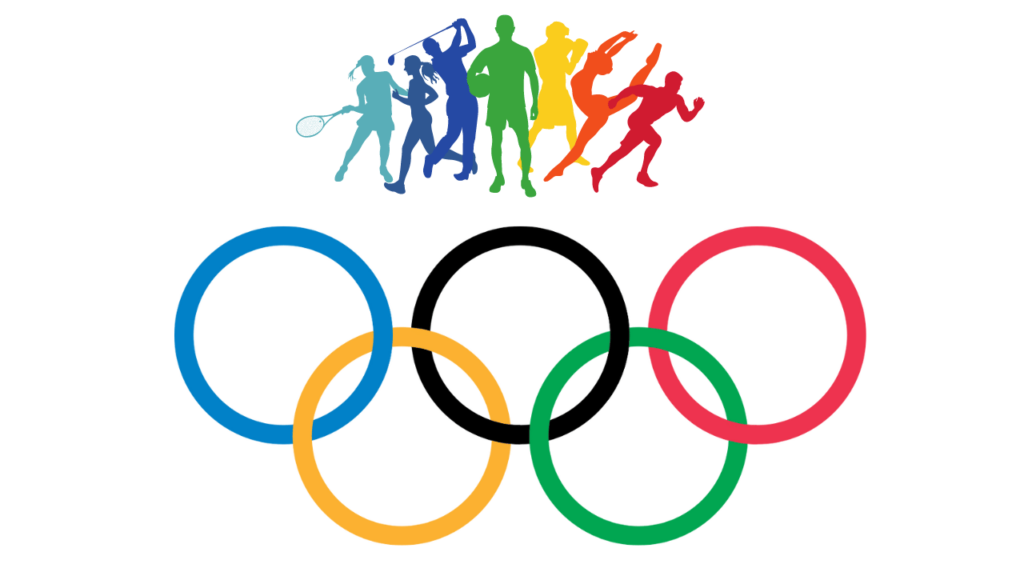The Olympic Games represent the pinnacle of athletic achievement and international cooperation.
However, before the athletes can compete and the world can watch, a host city must be chosen through a complex and competitive bidding process.
This guide aims to demystify how cities vie for the honor of hosting the Olympics, breaking down the steps in a manner that’s easy to understand.

The Stages of Bidding for the Olympics
- Expression of Interest
The process begins when cities express their interest in hosting the Olympic Games. This expression is a formal declaration made to the International Olympic Committee (IOC), the body responsible for the selection.
At this stage, potential host cities must demonstrate their initial capabilities and intent without going into detailed proposals.
- Applicant City Phase
Cities that pass the initial scrutiny become applicant cities. They are required to submit a more detailed application to the IOC, outlining their vision for the Olympics, preliminary budgets, and how they intend to address key issues such as infrastructure, accommodation, and transportation.
- Candidature Phase
From the pool of applicant cities, a few are selected to become candidate cities. This phase is more intensive and requires submitting a comprehensive bid book.
The bid book covers in-depth plans for venues, security, environmental protection, and cultural programs.
Candidate cities are also subject to evaluation by the IOC Evaluation Commission, which visits each city to assess its capabilities and readiness to host the Games.
- Final Selection
The climax of the bidding process occurs during an IOC Session, where all IOC members vote on the host city.
The selection is made through a series of elimination rounds, and the city that receives the majority of votes is awarded the hosting rights for the Olympic Games.
Key Considerations for Bidding Cities
- Infrastructure: Cities must demonstrate that they have the necessary infrastructure or plans to develop it, including stadiums, transportation, and accommodations.
- Financial Stability: Hosting the Olympics is a massive financial undertaking. Cities must show that they can handle the economic demands without negatively impacting local communities.
- Environmental Impact: Sustainable practices are increasingly important in the selection process. Cities need to show how they will minimize environmental impacts and incorporate sustainability into their plans.
- Legacy Plans: The IOC looks favorably on cities that demonstrate how the Olympics will leave a positive long-term impact, improving local communities and promoting sports.
Frequently Asked Questions (FAQs)
How long does the Olympic bidding process take?
The process typically takes about two years from the expression of interest to the final selection.
Can any city apply to host the Olympics?
Any city can express interest, but they must meet specific criteria and receive support from their national Olympic committee.
How much does it cost to bid for the Olympics?
Costs vary, but bidding can cost millions of dollars, used for preparing the city’s bid, marketing, and hosting the IOC’s evaluation visits.
Can cities bid for both the Summer and Winter Olympics?
Yes, cities can bid for either, but they must tailor their proposals to the specific requirements and challenges of the Summer or Winter Games.
Conclusion
The Olympic bidding process is a rigorous and competitive journey that requires extensive planning, financial resources, and a commitment to excellence and sustainability.
While challenging, hosting the Olympics can also bring significant cultural and economic benefits to the host city and country.
Understanding this process is essential for those interested in the intersection of sports, international relations, and urban development.



